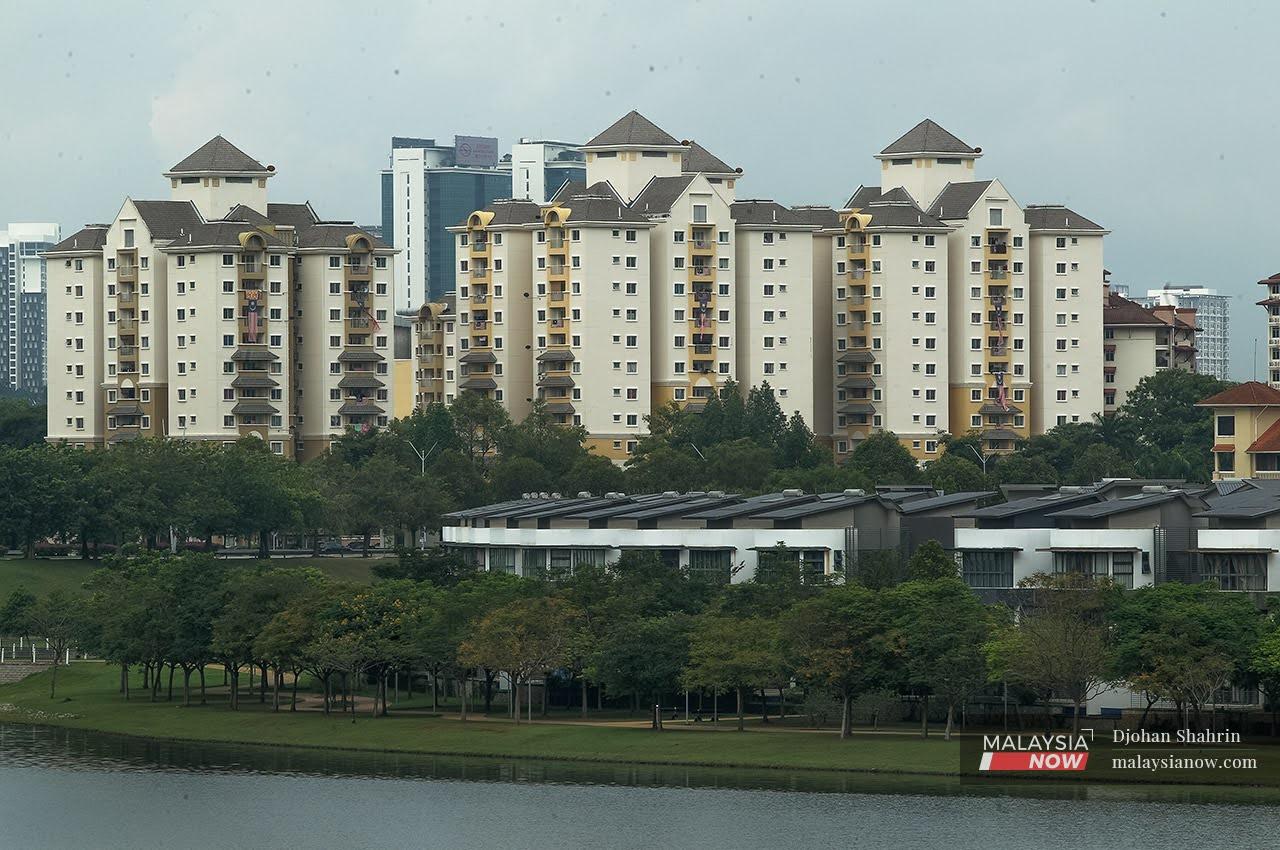Buy smart, the millennial’s guide to the housing market
Phones are no longer the only smart products being sought by millennials.
Just In
Despite the economic challenges hampering the property market and the youth unemployment rate which, at 10.5% last year, dwarfed the adult rate by more than six-fold, millennials appear to be a strong driving force for real estate in the country.
A report by real estate agent network IQI Global in fact notes an increase in purchases of new housing projects by this group, from 48% in 2018 to 62% in 2019.
But millennials, defined as those born between 1981 and 1996, also seem to have a specific preference when it comes to choosing what property to buy.
Given their internet-savvy nature and the familiarity with which they approach technological matters, it is perhaps no surprise that so-called smart homes are their real estate of choice.
Globally, millennials have recorded purchases of US$170 billion or over RM705 billion, making them a powerful consumer group. They are also the biggest buyers of subsale property.
Malaysia is no exception to this trend, with Tharmaindran Gannasin, CEO of proptech solution company BNetworks Sdn Bhd, saying demand from millennial home buyers has been “very encouraging”.
“They are more tech-savvy and have indirectly driven demand,” he told MalaysiaNow.
Given that they hold the largest buying power in technology as well, Tharmaindran sees it as no surprise that they would want to make smart homes part of their lifestyle.
“We are witnessing real estate developers, consultants and architects seeking technological approaches and innovative lifestyle experiences, be it for residential homes or smart buildings,” he said.
Globally, millennials have recorded purchases of US$170 billion or over RM705 billion, making them a powerful consumer group.
In fact, millennials are generally willing to pay more for homes or rental properties with connected home technologies, he said.
These include keyless entry, voice-activated living, one-touch ambience control and self-learning systems that learn their daily routines.
On how this trend had taken hold, Tharmaindran said millennials are simply more exposed and accustomed to rapidly changing technology in information communication, social media and social networks.
“This influences the way they purchase products,” he added.
This may well be true, as millennials in Malaysia form 74% of some 28.7 million internet users, making them the biggest social media influencers in content sharing and product and service promotion.
And big names in property development such as Gamuda Land Bhd, OSK Property Holdings Bhd, IJM Land Bhd and Mah Sing Group Bhd have already risen to the challenge.
“Projects like Gamuda Cove by Gamuda, Ryan&Miho by OSK, Swans @ Rimbayu by IJM, and Lakeview by MahSing are all leveraging our bWave IoT platform,” Tharmaindran said.
bWave, launched in 2017, is a gateway that connects to Internet of Things (IoT) devices from various wireless standards, protocols or technologies.
This allows it to design and build a range of IoT solutions, including for automation, climate control, safety and security, entertainment, energy management and surveillance.
‘Like no other generation’
Malaysia Proptech Association deputy president Daniele Gambero told MalaysiaNow that millennials had been buying property “like no other generation before”.
“It’s either the dream of becoming a millionaire or healthy investment in a safe asset, but I’ve been personally experiencing the trend above here in Malaysia for a few years,” he added.
Gambero, who is also CEO of property consultancy company REI Group of Companies, said this was supported by the changing nature of the property industry in incorporating technology even at the browsing stage.
“Nowadays, buyers can easily evaluate, visit, enquire and choose a property from the primary market almost entirely online,” he said, adding that this fit the lifestyle of millennials.
In fact, he envisions a future in which the use of technology helps reduce even construction costs, eventually making homeownership a reality for more people in the country.
But for now, Tharmaindran says glitches remain, for example the use of redundant applications and unsecured clouds and situations in which devices from different brands “do not talk to each other”.
This, in the long run, sees such smart applications simply ignored.
“The best way to attract millennials is not just on the technological front of devices, but also in giving a seamless experience with trusted support and cybersecurity,” he says.
Subscribe to our newsletter
To be updated with all the latest news and analyses daily.
